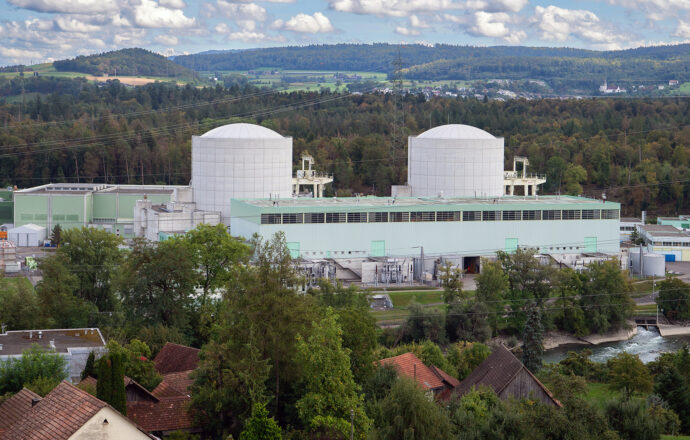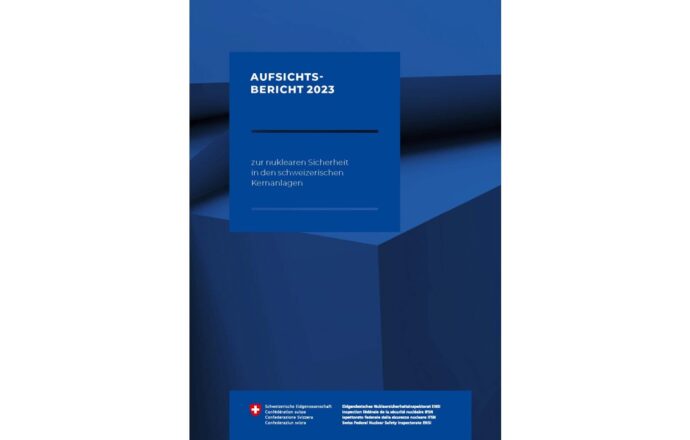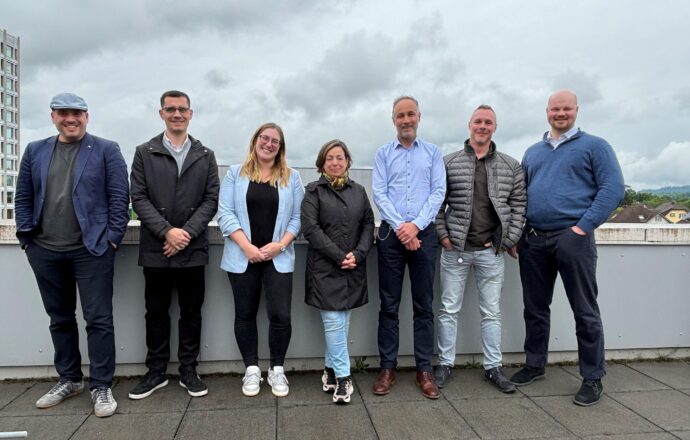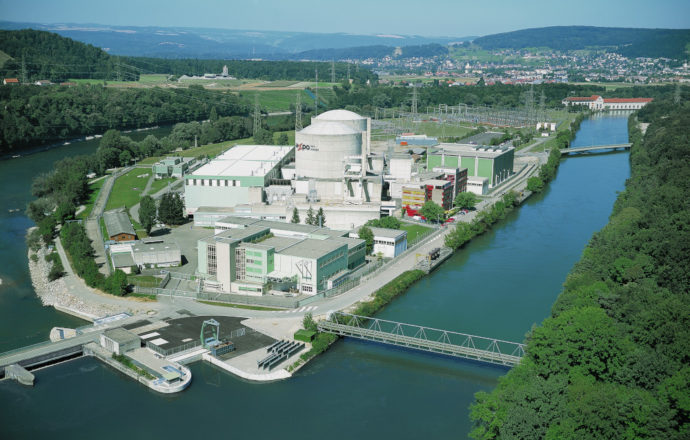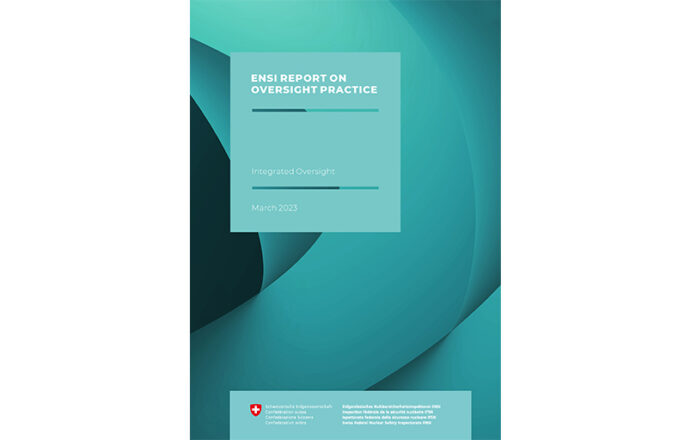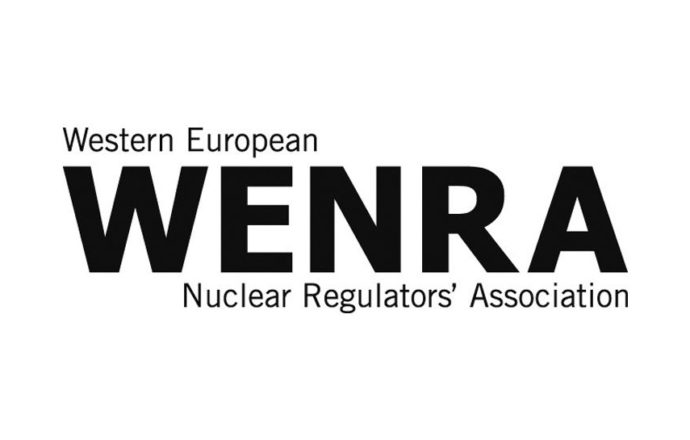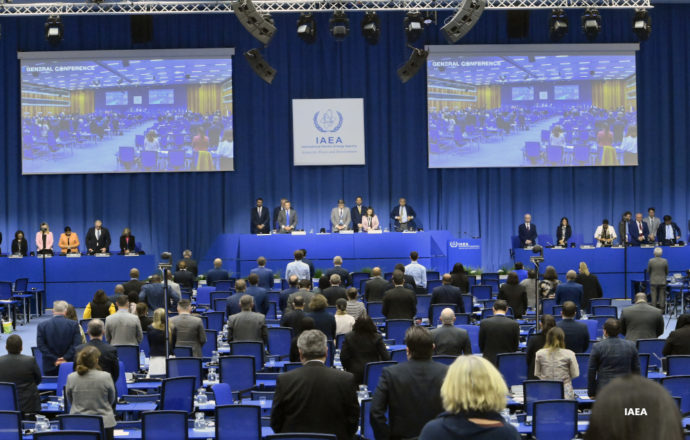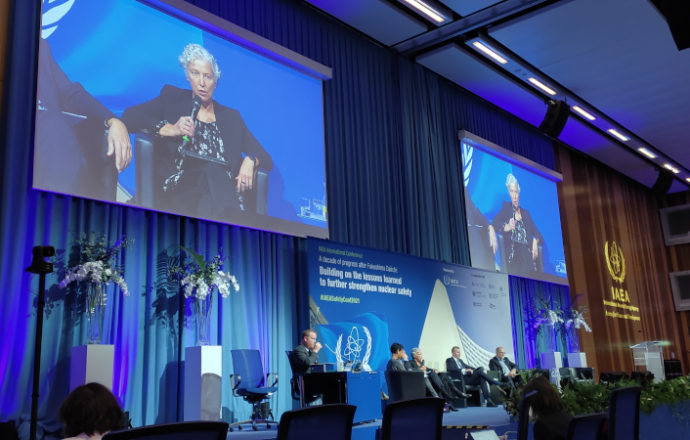A review of the documents submitted by the operators of Swiss nuclear power plants to update the so-called Fukushima safety case including the new seismic hazard assumptions ENSI-2015 has revealed the following: Both core cooling and cooling of the spent fuel ponds of the four nuclear power plants (NPPs) are guaranteed to withstand a severe earthquake, such as would occur just once in every 10,000 years. This is also the case for a combination of earthquakes and earthquake-induced flooding. The maximum permissible dose of 100 millisievert (mSv) would not be exceeded if such an accident occurred. This week, ENSI sent its reports to the nuclear power plant operators.
In 2011, in response to the events in Fukushima, ENSI called for a speedy review of the seismic safety of all nuclear power plants in Switzerland. The safety case, which was to be produced within a year, focused on the most important aspects. The results showed that all nuclear power plants in Switzerland were adequately protected against earthquakes and any flooding caused by them and that they fulfilled legal requirements. Further clarifications also demonstrated that all nuclear power plants in Switzerland had adequate safety margins.
However, since that time, the seismic hazard assumptions have been updated with the new assumptions coming into effect in 2015. For this reason, ENSI also called for a comprehensive re-assessment of the seismic safety of the nuclear power plants based on a staggered approach. This proof represents the first stage of the verification. Later stages are still undergoing review at ENSI.

